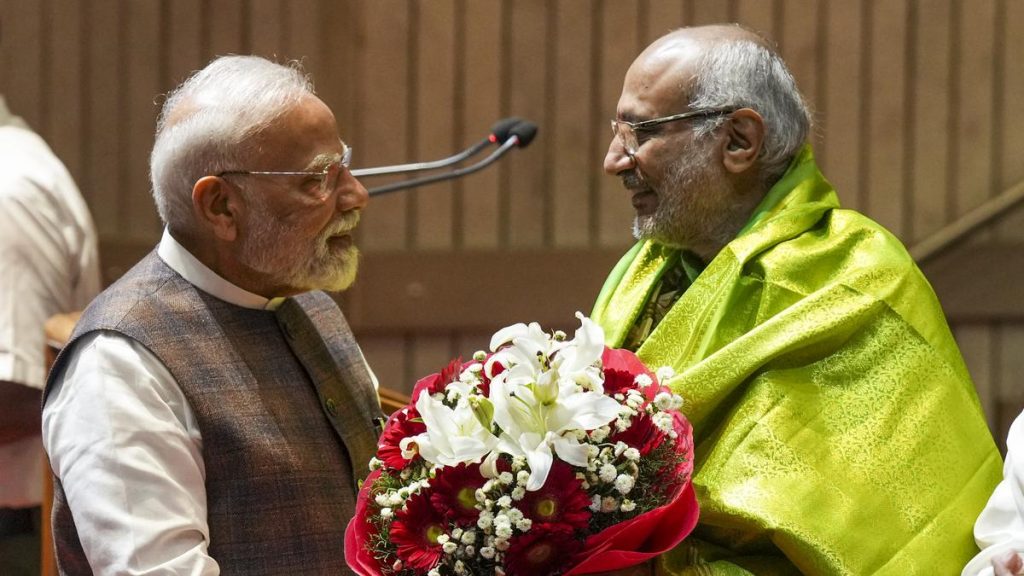Now Reading: Bangalore University Refutes Allegations of Discrimination Against Dalit Staff
-
01
Bangalore University Refutes Allegations of Discrimination Against Dalit Staff
Bangalore University Refutes Allegations of Discrimination Against Dalit Staff

Quick Summary
- Bangalore University (BU) refuted allegations of anti-Dalit policies made by the SC/ST Teachers’ Association.
- A group of 67 professors from SC/ST communities alleged discrimination in statutory appointments, violation of reservation norms, and delays in filling backlog posts. Thay issued a 15-day deadline for corrective action.
- BU clarified that appointments to statutory positions like Vice-Chancellor, Registrar, Finance Officer, etc., are handled directly by the government, not the university.
- The university noted that SC/ST faculty members occupy 22 out of 30 administrative positions under it’s purview.
- Four teaching staff were approved for transfer to BU from other universities due to a shortage; currently, 63.5% of BU’s teaching staff (80 out of 126) belong to SC/ST communities.
- BU highlighted compliance wiht filling backlog vacancies compared to other Karnataka universities-35 out of 55 identified posts have been filled; work is ongoing for others.
- Among recent promotions in the academic year 2024-25: out of 44 promoted faculty members as Associate Professors, 29 were from SC/ST groups.
Indian Opinion Analysis
the allegations and subsequent response from Bangalore university bring attention to issues concerning implementation and perceived fairness within reservation-based policies. While the university claims significant compliance and representation efforts for SC/ST communities across administrative roles (73% occupancy in specific roles) and teaching positions (63.5% faculty), concerns about discrimination suggest gaps between policy execution and perception among stakeholders.
BU’s clarification emphasizes its limitations regarding statutory appointments governed by state authorities-a critical distinction but also indicative that systemic challenges may extend beyond campus-level controls. Notably, progress on backlog positions is commendable but should remain a focus area until all vacant posts are addressed.
This situation underscores how educational equity mechanisms need transparent auditing frameworks-both at institutional levels like BU and across overseeing bodies-to address grievances effectively while fostering trust among diverse community groups.

























